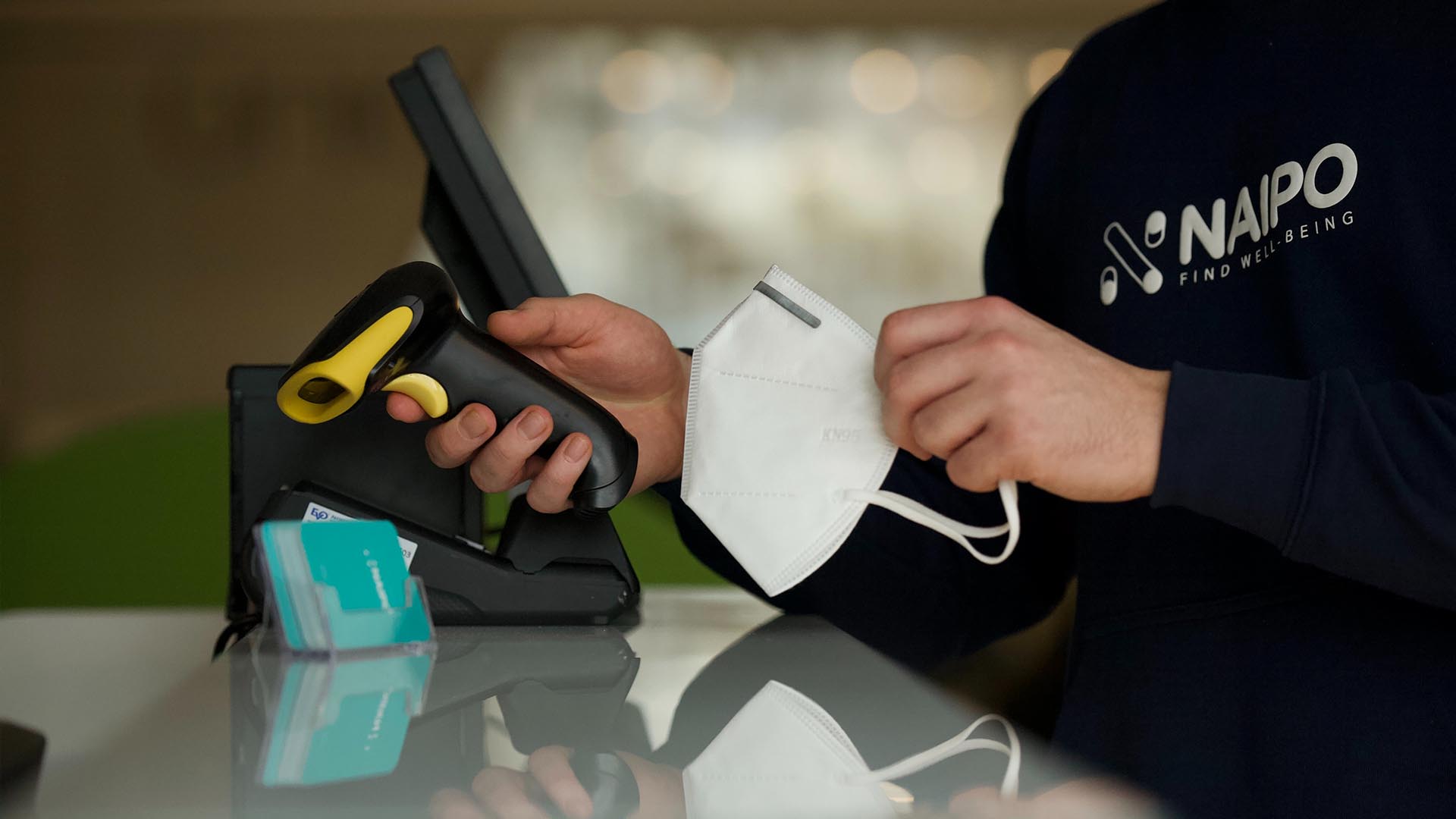We are all watching our financial world crumble before us. Even as we thank our lucky stars that we and our families have yet been spared being “infected” with COVID-19, we are all to a great extent “affected”. Especially those of us who have small businesses, either LLCs, partnerships or sole proprietorships. We don’t qualify for unemployment compensation. The value to us of the Cares Act is yet to be seen.
How might the Cares Act help small business owners?
Recovery Rebates
- It is planned to provide all U.S. residents with incomes of less than $75,000 with $1200 for singles and $2400 for married couples;
- Those residents with dependent children are eligible to receive an additional $500 per child, so long as the child would qualify for the Child Tax Credit (basically, under 17 years of age).
- Checks will be sent to the address or bank account used on your 2018 or 2019 tax returns, with no action required for most eligible recipients.
Retirement Plan Withdrawals
- Coronavirus related distributions are distributions from a retirement plan made during 2020 by an individual who is diagnosed with COVID-19, who has a spouse or dependent diagnosed with COVID-19, or who experiences financial consequences as a result of COVID-19.
- The 10% penalty tax on early withdrawals up to $100,000 is waived for coronavirus related hardship distributions.
- The 20% mandatory withholding is exempted for eligible rollover distributions.
- Individuals are going to be able to recontribute the coronavirus-related distribution within three years.
Paycheck Protection Program
- The SBA is starting a new lending program for small businesses, nonprofits, independent contracts, sole proprietors and self-employed individuals.
- Loans are fully guaranteed, with a $10 million cap on loans.
- Eligible uses include: employee compensation, compensation of an independent contractor or sole proprietor of not more than $100,000 in one years, rent or utility payments, or a mortgage interest payment.
Employee Retention Credit
- Employers are eligible for a refundable payroll tax credit equal to 50% of employee wages during the coronavirus crisis, up to $10,000 in wages.
- Employers are eligible for the tax credit if their operations were affected by a government order due to coronavirus or whose quarterly receipts are less than 50% for the same quarter than in the previous year.
- Employers are eligible for the credit for wages paid to employees during times when they are furloughed or have had reduced hours.
Delay of Payment of Employment Payroll Taxes
- Small business employers and self-employed individuals can deter the payment of their portion of the social security tax.
- The taxes must be paid over the next two years, with half due before 12/31/21 and the other half by 12/31/22.
Excess Business Losses
- LLCs and sole proprietors are able to deduct more business losses on their taxes, hopefully freeing up cash for immediate expenses.
What can I, as a bankruptcy attorney, do to help you if your finances become unmanageable?
As I write this, we have yet to see how effective the Cares Act will be to sustain small businesses over the next several months. It could well be that in your particular situation, you feel you might need more assistance to maintain yourself and your family than the government can give you. I am always willing to discuss your situation with you to see what solutions I can suggest.
It may be that a bankruptcy could be your best solution. If you run a small business, likely many of your debts are personally guaranteed. The business could keep on running, and you could file a personal bankruptcy to get out from under the debts that are overwhelming you and your business. Keep in mind that the bankruptcy court does not want you to be financially ruined and destitute after filing a bankruptcy. The idea is to give you a clean start.
Obviously, there may be personal items of value that you cannot keep and still wipe out all your debts. It’s my job to discuss those with you and see what we can do to fairly provide legitimate values to the Court to hopefully help you keep those personal items. That could apply to business or investment real estate you own as well. We would discuss these in depth. If any asset you have is going to cause you a problem in bankruptcy, I will let you know that right away. The choice is then yours as to whether it’s in your best interest to go forward with filing a bankruptcy or looking for some other option to ease your financial woes.
Filing a bankruptcy, especially in these times and circumstances, does not mean you’re a failure as a businessperson. No one is going to “beat you up” over it. No one is going to chastise you– not me, not the Trustee who is assigned your case, not the Judge. These are unbelievably stressful times. If I can take some of that stress off of you, I will work hard to do so.



